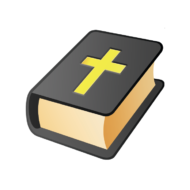Modules in MyBible are named materials destined for their studying within the application.
We have a brief log of works on modules (in Russian) – as a memo on the amount of work on modules performed and freely given away to brothers and sisters in Christ.
MyBible supports several module types.
